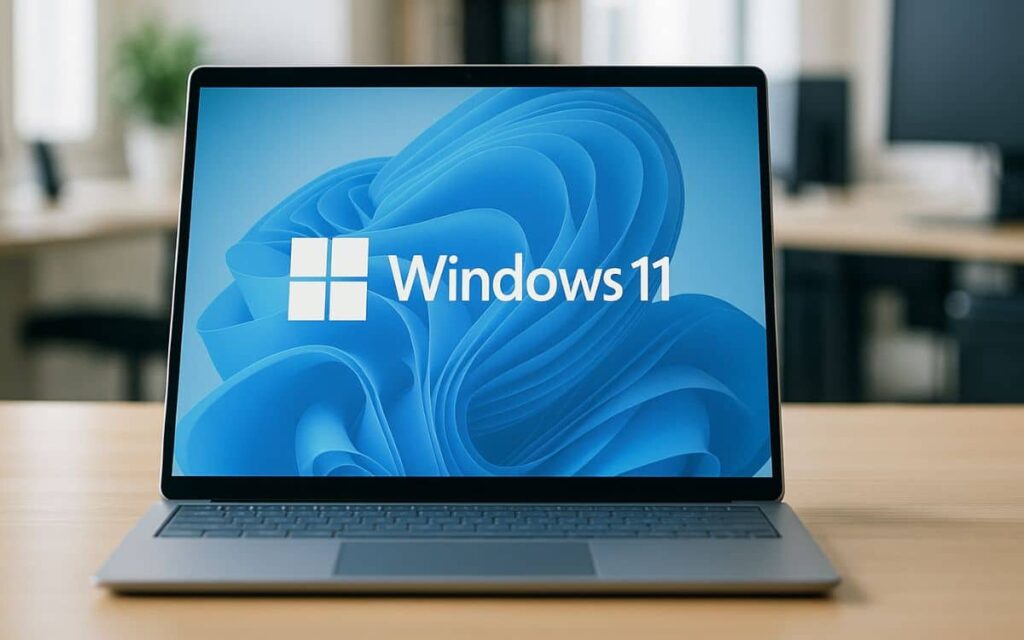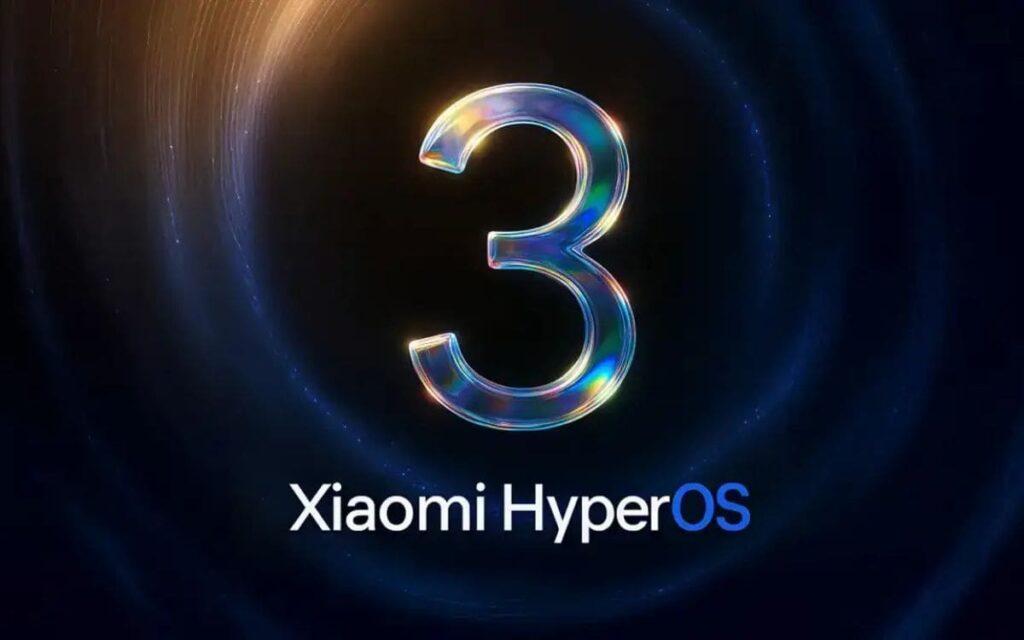Since the KB5063878 update in August 2025, Windows 11 24H2 has been experiencing SSD issues for some users. The operating system causes NVMe SSDs to disappear, and some data becomes corrupted during large transfers.
The issue of disappearing SSDs has been a topic of discussion for several weeks. Among the affected models are those from Phison. The company investigated the problem, and a week and a half later, they published their report. The issue could not be replicated despite 4,500 hours of thorough testing. Following this conclusion, Microsoft confirmed that Phison is not at fault and that there is no connection with Windows 11 24H2 since the August 2025 update. However, the reality appears to be quite different and more nuanced.
The SSD Issue Is Likely Due to Windows 11 and Phison
Nevertheless, reports continue to flood social media, suggesting that something escaped the tests conducted by both companies. It seems that the blame lies with Microsoft and Windows 11, as well as with Phison. In a Chinese Facebook group called PCDIY!, members conducted their own investigation.
According to them, the issue of disappearing SSDs stems from versions of engineering firmware that are pre-commercial and are triggered during an update. Rose Lee, an administrator of the Chinese Facebook group, explained that the problem has been verified by Phison’s engineers in the lab. Thus, it is possible that there is indeed an issue with both the manufacturer’s SSDs and Windows 11, which has just become more popular than Windows 10.
The conclusion posted in the Chinese Facebook group stated: “Tests show that the SSDs that failed due to the Windows 11 update were using pre-commercial engineering firmware versions. Since all SSD manufacturers selling products with Phison controllers purchase their products from the original manufacturer and ship them en masse with mass production tools, the SSDs delivered to consumers already use the official firmware. The official firmware has been tested, carefully verified, and does not exhibit the anomalies often seen with engineering firmware.”
This discovery may explain why Microsoft and Phison failed to replicate the issue during their testing. It is likely that both companies used products that were ready for market with the final firmware, which does not have this issue. Customers who purchased NVMe SSDs from stores should not worry because the final production firmware does not have this bug. If you are experiencing issues, a firmware update may resolve them, but it is advisable to back up your data just in case.
Phison also clarified that SSD slowdowns are due to SLC cache saturation during large transfers. Therefore, a secure erase must be performed to fix slow performance issues. A regular format in Windows is not sufficient in this case.
Source: Facebook




